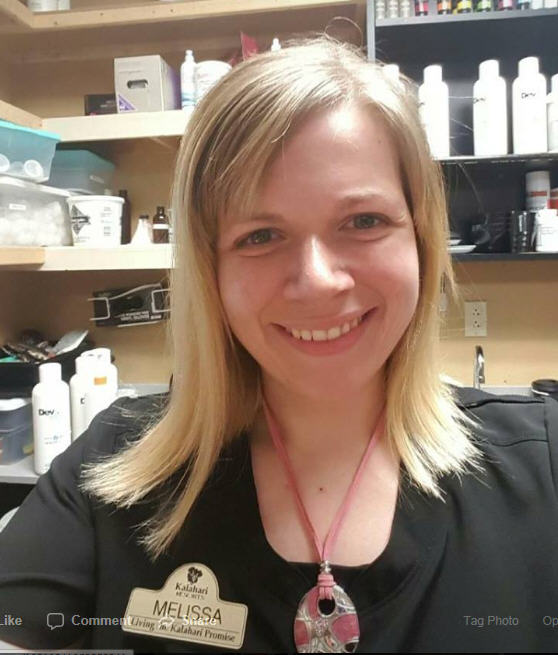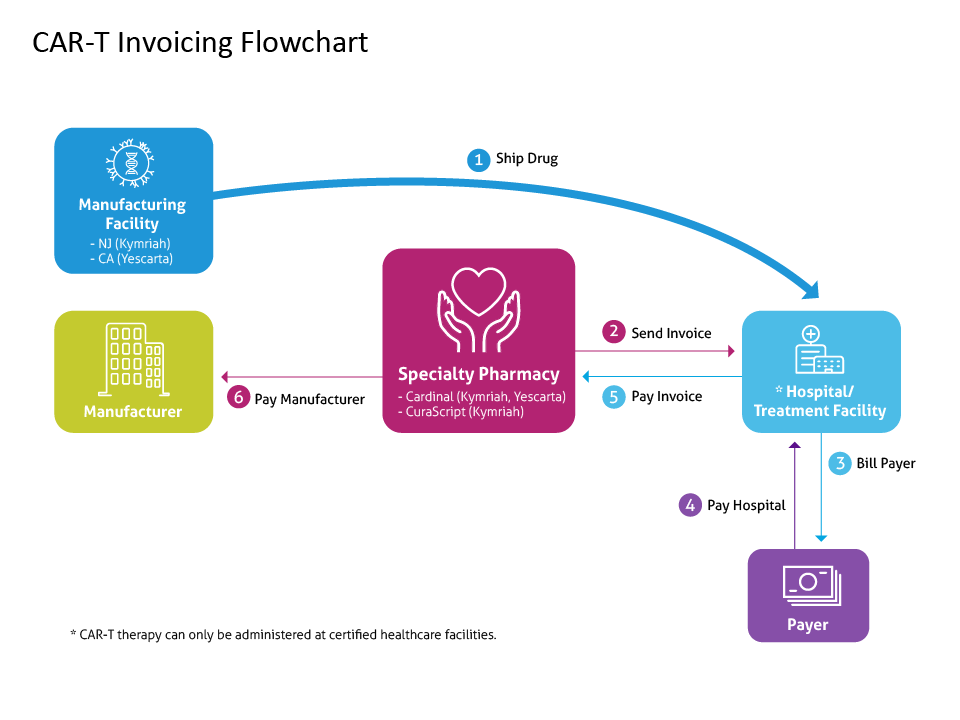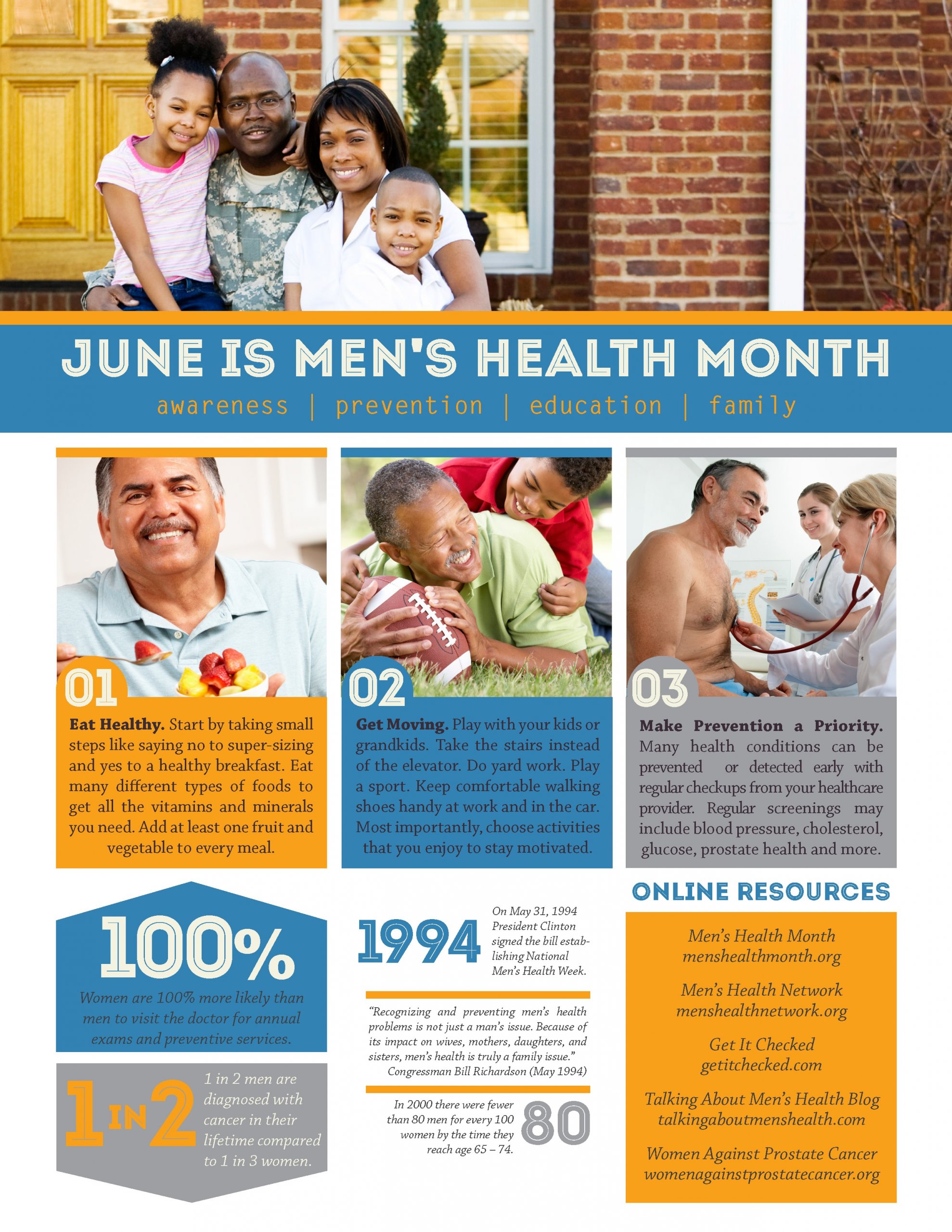Developmental Disabilities Awareness Month and the Importance of Inclusion through Employment
March is Developmental Disabilities Awareness Month. Today, people with developmental disabilities are more visible across our communities than ever before, and the world is more accessible than it’s been in the past. It’s good to see things are becoming more inclusive, and it’s important for us to continue in this direction. Including people with disabilities into our communities enriches society as a whole – people of all abilities have gifts to offer, and when we find ways to let people share their gifts with others, we all benefit.
One way people can share their talents and become more included in their communities is through employment. Having paid employment gives people a sense of pride, and indicates that the work being done is valued by the employer. It also is a vital component of how people remain independent – when you’re making money, you have purchasing power over the clothes you buy, the food you eat and the home you choose to live in. You don’t have to rely on others to buy all of your necessities for you. It allows you to live a self-determined life where you call your own shots. Unfortunately for many people with disabilities, it can be a challenge to find paid employment. According to a survey of 17,682 adults with intellectual/developmental disabilities conducted by National Core Indicators, only 19 percent of those surveyed had a paid community job, but an additional 47 percent wanted one. These numbers are disheartening, and it’s up to us to start bridging the gap.
One of the roadblocks some people with disabilities run into is figuring out ways to earn money using their gifts and talents. Many will embrace their entrepreneurial spirit and create micro-enterprises: small scale business where they sell things they create, such as jewelry, art, crafts, greeting cards, homemade jams or provide services to those in their community. The possibilities are only limited to their imaginations! Others look to be a part of the traditional workforce, and thanks to programs like Project SEARCH – a national organization that partners with local business and teaches young adults with disabilities the skills they need to get the work they desire – more and more people with disabilities are finding jobs across all kinds of industries. According to the Wisconsin Project SEARCH Expansion, Project SEARCH, which is focused mainly on supporting young adults with intellectual and developmental disabilities, has a national employment success rate of 73 percent.
 Melissa Rademacher
Melissa Rademacher
Melissa Rademacher, a young woman from central Wisconsin, is one of the many Project SEARCH success stories. Melissa is also enrolled in TMG by Magellan Health’s Wisconsin self-directed long term supports and services (LTSS) program called IRIS. After the restaurant Melissa was working for unexpectedly closed, Melissa turned to Project SEARCH in 2015, where she received her job training at the Kalahari Resort, a large waterpark, conference center and resort in Wisconsin Dells, which has been dubbed the “waterpark capital of the world.” There, she trained in housekeeping and in the bakery, as well as at the spa, which proved to be a fantastic fit. She was offered a job at the spa, and she’s been a spa attendant there ever since. Melissa’s work includes greeting guests and taking them to the relaxation room, stocking shelves, changing out the spa robes and putting guest information into the computer. Since starting at the spa, not only is Melissa in her dream job, but she’s a valued employee and has made wonderful friends at work.
Melissa’s story is a great example of what can happen when we set people up to succeed on the job. In fact, Wisconsin Governor Scott Walker was so impressed with Melissa’s story that he shared it during his State of the State address this past January.
Another key component to helping people with developmental disabilities find meaningful work is embracing the Employment First movement, which believes that everybody can work and that there is a job for everyone. Most states have some type of effort focused on the Employment First philosophy, and an increasing number of states have an official state policy, through legislation or executive order, indicating that employment in the community is the first and preferred option for people with disabilities. Wisconsin is part of this growing trend of state activity. Here, Employment First legislation, which Magellan Health supports, is expected to be signed into law soon. By getting laws like this in place, we’re building a culture that recognizes the value that people with disabilities bring to the workplace, in turn opening up more doors for employment for all.
These changes aren’t going to happen overnight, but if we continue making strides for inclusive work environments, it’s only a matter of time when they become the norm, and not the exception. And when that happens, everybody wins. Because everyone has something to offer, and anyone who wants to work should have the opportunity to do so.
To find out more about employing people with disabilities and what your state is doing to support Employment First, please go to these websites:
Department of Labor: Employment First Policy Resources

